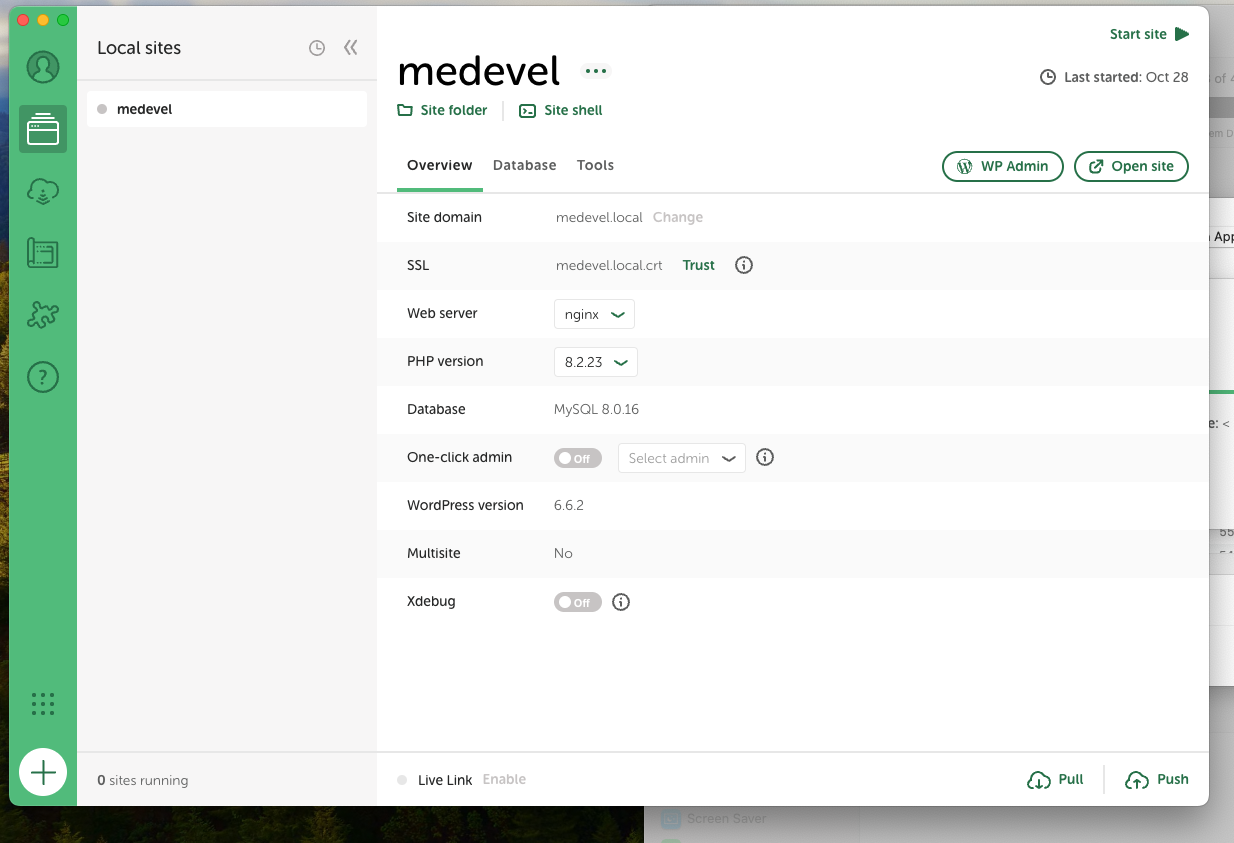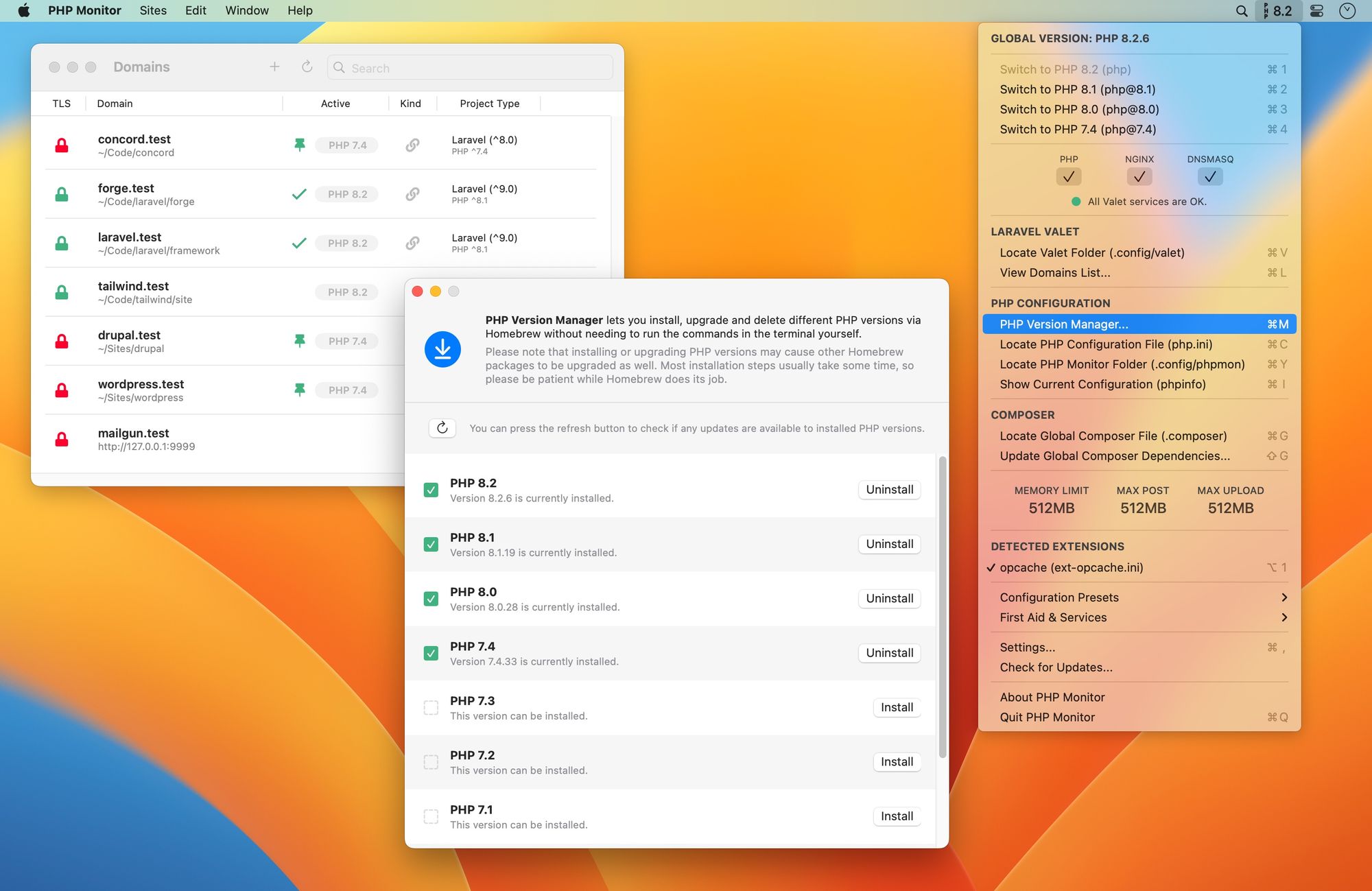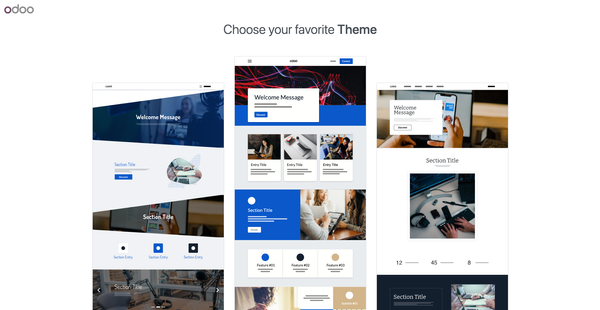macOS WordPress Development: 8 Best Local Server Solutions in 2025
Table of Content
WordPress is one of the most popular open-source CMS platforms, powering nearly half the internet today. Its vibrant ecosystem offers a wide variety of free themes and plugins, making it a favorite for bloggers and website creators. On top of that, WordPress boasts a thriving marketplace with thousands of premium themes and plugins, giving you endless options to customize and elevate your site.
But what if you're a developer or even a WordPress enthusiast looking to run WordPress locally on your macOS machine?
While tools like MAMP once dominated this space, they’ve fallen out of favor due to lack of updates.
On Windows, options like WAMP and others are readily available, but macOS doesn't seem to have as many choices.

In this blog post, we'll dive into the best free apps to help you run WordPress locally on macOS with ease.
1- Local WP
Local WP is a relatively new tool created by seasoned WordPress developers, designed to make running a local WordPress environment effortless. It allows you to set up multiple WordPress installations on your system for development purposes with just a few clicks.
You can customize the server configuration, adjust the PHP environment, and even select the WordPress version you want to work with, giving you complete control over your development setup.

The app comes with dozens of useful tools to help developers manage databases, select environments, and even pull specific versions.
2- XAMPP
XAMPP is an amazing free toolkit that's been a game-changer for web developers like us. Think of it as your personal web server in a box! Created by the folks at Apache Friends, XAMPP bundles all the essential ingredients you need to cook up a local web development environment: Apache (your web server), MariaDB (your database, which used to be MySQL), PHP (for all that dynamic web magic), and Perl.
I've actually used XAMPP quite a bit on both Linux and macOS, and let me tell you - it's quite a tale of two experiences! On Linux, it's like a well-oiled machine - stable, reliable, and just works the way you'd expect. But on macOS... well, that's a different story. While it technically works, it comes with its fair share of quirks and headaches. I've encountered dozens of little issues that required some creative problem-solving. Sure, you can get it running and stable eventually, but honestly, I wouldn't recommend it as your first choice on macOS - there are better alternatives out there.
The beauty of XAMPP though is its simplicity - it's designed to be super beginner-friendly. Just install it, and you're pretty much ready to roll! Plus, it comes with some really handy tools like phpMyAdmin for managing your databases, and through Bitnami, you can easily set up popular platforms like WordPress, Joomla, or Drupal with just a few clicks.
It works smoothly on Windows, Linux, and macOS (despite those macOS quirks I mentioned), so pretty much anyone can use it, regardless of their operating system preference.
It's particularly awesome for students, hobbyists, or anyone who wants to learn web development without getting bogged down in complex server configurations.
3- AMPPS
AMPPS is a free fantastic web development toolkit that packs everything you need into one neat package. Picture this: you get Apache for your web server, MySQL and MongoDB for databases, plus PHP, Perl, and Python all ready to go. It's perfect whether you're just starting out or you've been coding for years.
The real star of the show is this nifty thing called Softaculous that comes built right in. Want to set up WordPress? Joomla? Maybe try out Magento? Just click a few buttons, and boom - you're ready to roll. No more wrestling with complicated installations or banging your head against configuration files. They've got over 450 web apps you can install this way.
You can run AMPPS on pretty much any computer - Windows, or Mac, - which means you don't have to change your whole setup just to use it.
It's great for testing your websites and apps before they go live, and you won't spend hours trying to get everything working together.
However, keep in touch it is not a free app as it requires to buy a license, but it is a lightweight, fast and without issues like other solutions.
4- DevKinsta
DevKinsta is a free local development suite by Kinsta, tailored for WordPress developers. It enables quick local WordPress site setup, including multisite support, database management via Adminer, email testing, and seamless integration with Kinsta hosting. DevKinsta simplifies development, debugging, and deployment.
5- Laragon
Personally, Laragon is my go-to local development tool, and it’s a game-changer! Lightweight, portable, and incredibly user-friendly, it supports PHP, Node.js, Python, Ruby, and more. Laragon automates tasks like setting up virtual hosts, managing SSL certificates, and switching PHP versions effortlessly.
It’s ideal for both beginners and pros, letting you focus on coding instead of setup headaches.
6- Vagrantup
(Better for Collaboration)
Vagrant is a powerful tool for creating and managing portable development environments, making it an excellent choice for WordPress development. With Vagrant, you can create isolated environments using virtual machines, ensuring consistency across different setups. It allows developers to customize their environments with pre-configured templates (like Varying Vagrant Vagrants or Trellis) tailored for WordPress.
Vagrant streamlines collaboration by sharing reproducible development environments, reducing the “it works on my machine” issues. It’s ideal for developers who value flexibility, consistency, and scalability in their WordPress projects.
7- FrankenPHP
FrankenPHP is a modern application server for PHP, built on the robust Caddy web server. It supercharges PHP applications with advanced features like Early Hints, worker mode, real-time capabilities, automatic HTTPS, and support for HTTP/2 and HTTP/3.
FrankenPHP also integrates seamlessly with popular frameworks and CMS platforms, making it a versatile choice for developers aiming to optimize performance and security.
Beyond WordPress support, FrankenPHP also supports Symphony, Laravel, Sulu, Drupal, Joomla and TYPO3
Features
- Early Hints: Improve page load speeds by hinting required resources before the full response is delivered.
- Worker Mode: Boosts performance by keeping PHP scripts in memory, ideal for high-traffic applications.
- Real-Time Capabilities: Enables real-time communication, such as websockets, within PHP apps.
- Automatic HTTPS: Simplifies SSL setup with built-in HTTPS support.
- HTTP/2 and HTTP/3 Support: Leverages the latest protocols for faster, more reliable connections.
- Standalone Go Library: Embed PHP in Go apps using the
net/httppackage.
8- MAMP
MAMP is a free, local server environment for macOS designed for developers to create, test, and manage web applications. It includes essential tools like Apache, MySQL, and PHP, offering a quick setup for local development. MAMP is ideal for testing WordPress, Joomla, and other CMS platforms locally.
However, the free version of MAMP comes with limitations compared to the Pro version, lacking advanced features like multi-PHP environments, SSL integration, and customizable virtual hosts, which may restrict more complex projects.
Looking for PHP developer resources!
Here are some.
















